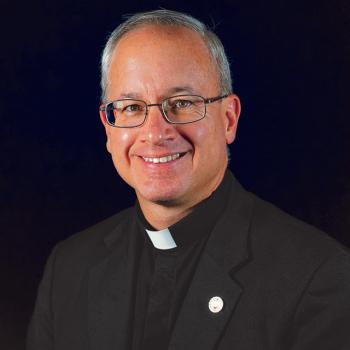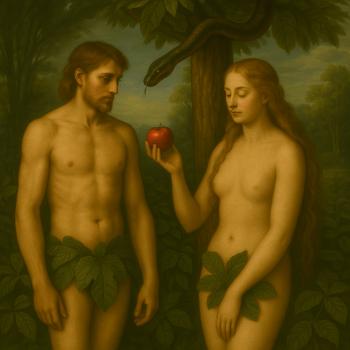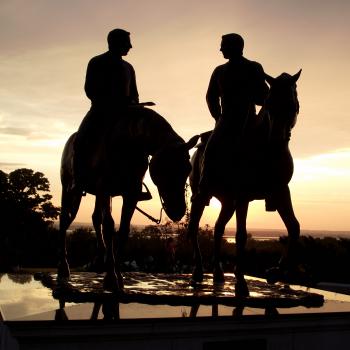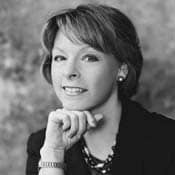The latest story on the Fundamentalist Latter-Day Saints ("FLDS") is, once again, disturbing. According to ABC4.com, of Salt Lake City, Utah's ABC4, a library of books gathered for the FLDS community in Colorado City, AZ, has been decimated. Some were burned and others sent away to other libraries or schools:
For two years [Stefanie] Colgrove [who was born into the community] gathered book donations and raised money to open the library. The books numbered in the thousands and included new editions from Barnes and Noble as well as beautifully bound volumes of the classics. She said the value of the books easily ran in the tens of thousands of dollars, although there were so many she had not yet catalogued them all.
The report indicates that local law enforcement authorities, who are FLDS members, assisted in the removal of the books from the library.
This story sounds more like Iran than the United States, doesn't it? We have a tendency to think that book-burning is a relic from the past that no modern community would embrace. Or at least that the government would be prevented from such library destruction by the First Amendment and the rule against censorship. Normally, it would be, but when a religious community has chosen isolation, the freedoms of speech and thought fall by the wayside.
This story is a reminder of why we have the Establishment Clause (which stands for the separation of church and state) and why it must be applied against all governments in the United States, not just the state and local governments. When there is no meaningful separation, and when the authorities cannot envision their obligations under the law as distinct from their obligations within their religion, oppression is not far behind.
When the government is part and parcel of a religion, and vice versa, government suppression of competing viewpoints and worldviews appears inevitable. Is there any other way to interpret the actions in Colorado City? The local authorities in Colorado City apparently assisted with the destruction of the library, and the removal of the books. Why would they do that except to censor competing viewpoints?
That is how patriarchal societies maintain control—they filter out competing viewpoints and information, and encourage obedience rather than independent thinking.
That is the pathway to danger for the vulnerable.
For those of us who love books, this is a particularly poignant story of repression. Books give us horizons we could not have seen without the story. The only way for those outside the FLDS community to sleep peacefully at night, despite the likelihood of statutory rape of girls and abandonment of boys, is to believe that individual members do have some means to escape. We tell ourselves that their members have "chosen" their fate, even if they were born into it.
Yet, this is a reminder that there are those who are situated in a religious community and have little capacity to see beyond the patriarch in front of them. Without books, their horizons begin and end with their religious leaders. That means liberty and equality are not simply threatened, but also foreclosed.
5/9/2011 4:00:00 AM





